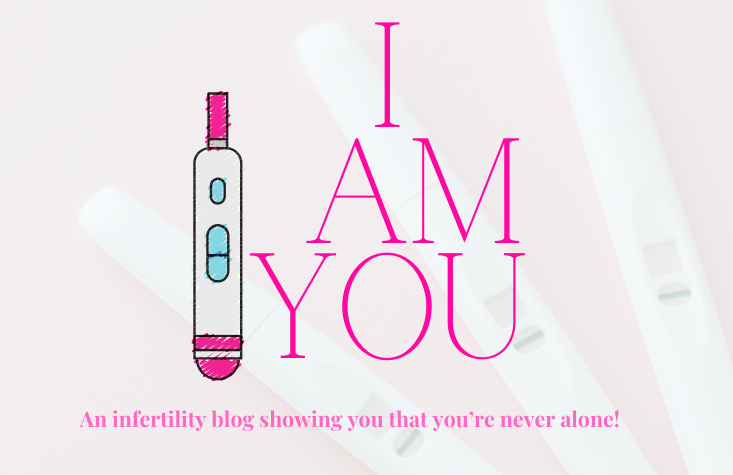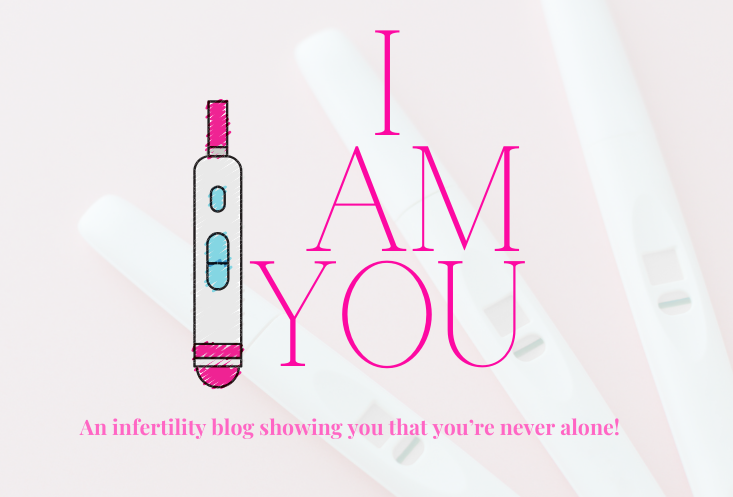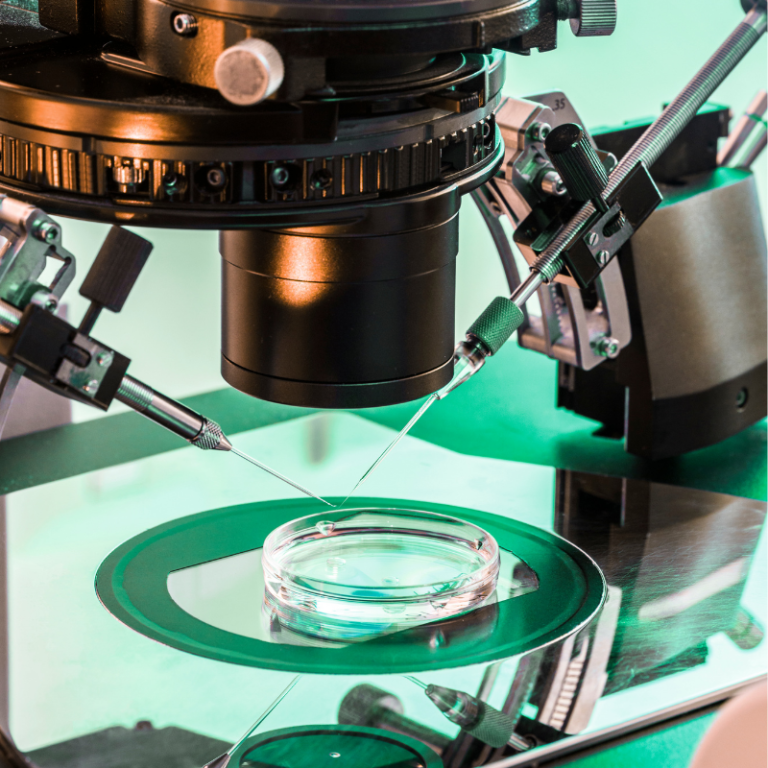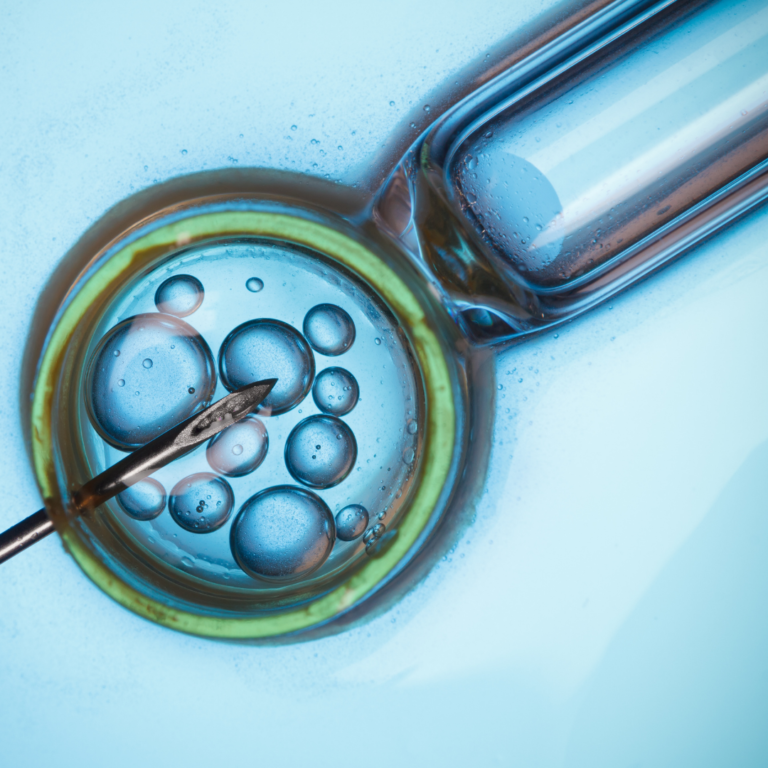How Can PGS Testing Help Couples Who Are Struggling To Conceive?
How can PGS testing help couples who are struggling to conceive?
You may want to look more into PGS IVF process to help with abnormal embryos.
This type of testing is used in the field of genetics and reproductive medicine to determine the risk for passing certain genetic conditions to offspring. PGS stands for preimplantation genetic screening, and it is typically used by couples who are going through IVF. The process has three steps: extraction of cell samples, analysis, and embryo selection.
PGS genetic testing helps couples who are struggling to conceive because it allows physicians to detect a normal embryo that is free from chromosomal abnormalities like an extra or missing chromosome.
This is a common part of the IVF process. This was something that Tyson and I chose not to do. Just because of the extra cost. If you are already in a pinch with how expensive IVF is this is just an added expense. But absolutely can be worth it for many people.
PGS Testing is the most accurate and effective way to screen for embryos that may carry abnormalities.
It’s looks into the details to find out if embryos carry chromosomal abnormalities.
Before PGS genetic testing, couples would either undergo at least one sometimes multiple rounds of IVF to increase their chance of conceiving or use donor eggs.
We only had to do one IVF retrieval because the doctor was able to get a lot of eggs. We ended up with 8 embryos in the end.
Now, with PGS testing, many couples are able to avoid the challenges that come along with these methods.
While PGS is helpful in IVF treatment, it cannot guarantee a successful pregnancy or prevent miscarriage.
![]() PGS testing does not change the sex of an embryo if that is what you are hoping for.
PGS testing does not change the sex of an embryo if that is what you are hoping for.
However, because it helps scientists select healthy embryos with desirable characteristics, it can increase the likelihood of a successful pregnancy and prevent implantation of an unhealthy embryo.
Pregnancy rates with PGS are very high thus far, usually above 75 percent depending on the patient’s age.
How does the process of PGS testing work
The process of PGS testing begins with the extraction of cell samples. This is done by removing cells from an embryo before it has been transferred to the uterus. The cells are then screened to determine which embryos have normal chromosomes. The analysis step uses a microscope and fluorescent dyeing processes to determine if there are any chromosomal abnormalities in the embryos. The uterus wall is then checked to see if the embryo is able to implant. After all of this is done, the embryos are selected for implantation based on the results of the genetic screenings.
![]() Who should consider PGS testing?
Who should consider PGS testing?
PGS testing is a beneficial tool for couples to help with genetic testing who are struggling to conceive. It can help them determine the risk for passing certain genetic conditions to their children. In addition, the process of PGS testing genetic testing can help couples make informed decisions about their future pregnancies. It is important to note that not everyone needs to undergo PGS testing.
Ask your fertility specialist any specific questions at any time during your fertility journey.
Reasons you may want to have PGS testing done.
1. Helps couples who are struggling to conceive
2. Can determine the risk for passing certain genetic conditions to offspring
3. Helps couples make informed decisions about their future pregnancies
4. Can help avoid passing on genetic conditions to children
5. Provides peace of mind
6. Helps avoid the heartbreak of miscarriage
What are some drawbacks to PGS testing?
While PGS testing can be beneficial for couples who are struggling to conceive, it is not without its drawbacks. Some of the drawbacks include:
1. The process is expensive
2. Not all fertility clinics offer PGS testing in fertility care
3. The results of the test may not be 100% accurate
4. There is a risk of miscarriage associated with the implantation of embryos that have been screened
5. The process can be emotionally taxing for couples
6. The results of the PGS testing cannot help treat genetic conditions during fertility care
What is the Preimplantation Genetic Diagnosis cost
The cost of preimplantation genetic diagnosis (PGD) can range from $1,000 to $3,000 per cycle. The cost of PGS testing is generally more expensive than the cost of PGD. However, the expense of PGS testing may be worth it for couples who are concerned about passing on a genetic disorder to their children. It would have been an extra $3,000 for us on top of the $26,ooo we paid.
Other Popular Blog Posts:
Thanks so much for stopping by the blog today. It means so much that you came.





